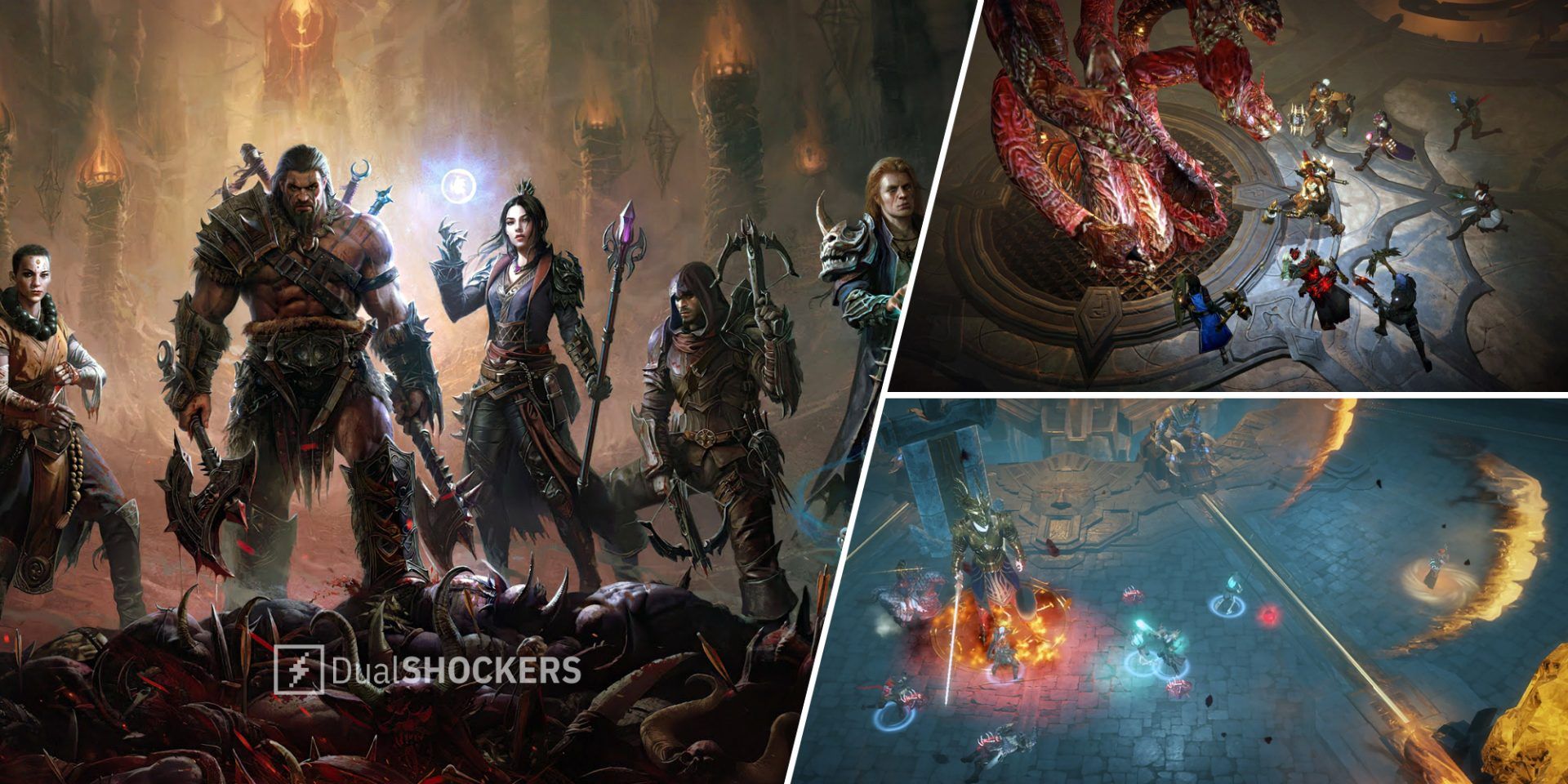NetEase, the second-largest Chinese developer initially planned on releasing the game, which they co-developed alongside Blizzard Entertainment, later this month. It wasn’t a happy time for its Chinese audience and NetEase attempted to mitigate the blowback from the delay by assuring that this was all in order to build a better experience for Chinese players.
As reported by the South China Morning Post, delaying Diablo Immortal, which is the next entry in the 25-year-old franchise spanning across all forms of media, had a rather noticeable impact on its stock, dropping 10 per cent following the announcement to push its late June release to a July 8 one.
The official reason might be that the game needs more tweaking for the mainland audience, but some speculate otherwise. The delay follows Blizzard’s Diablo Immortal official Weibo, China’s most prominent social network, which found itself in hot water just a few days ago, according to SCMP. Allegedly, the official account posted a reference to Winnie the Pooh, a character that’s banned in China due to people using him as a stand-in for poking fun at China’s leader, Xi Jinping. In any case, the official account was suspended from posting on the platform for breaking the country’s law and it’s uncertain how long this suspension from posting will go on for.
Delaying the game was a big hit to the fans in the region, it’s been four years since something new has been out in China for the game series and now they’ll have to wait even longer after it almost was in their grasp. Nonetheless, we can only imagine how big the game will be once it does hit the Chinese market early next month if all goes according to plan. Internationally, it was a huge hit, managing to net Blizzard a whopping $24 million, according to PocketGamer.
The Chinese market is vital for many big-name developers, especially on mobile. To drive home the point, Developing Telecoms reported China made up 35 per cent of the mobile gaming market in 2020. This isn’t the cancellation of the version, but rather just a delay to the already controversial title for its use of microtransactions.

